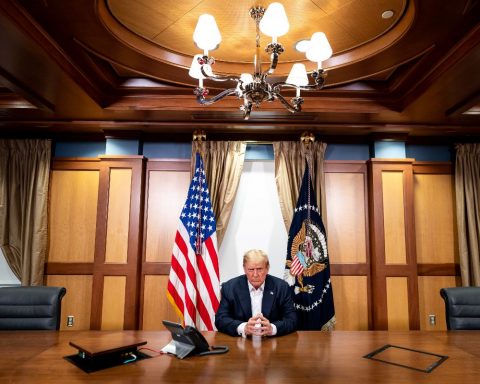The Krasnodar regional court in southwestern Russia has rejected an appeal filed by Andrei Pivovarov, the former executive director of the pro-democracy Open Russia movement, against his conviction and imprisonment on a charge of heading an “undesirable” organization.
Pivovarov’s support group wrote on Telegram on November 22 that the activist reiterated his innocence at the hearing, adding that he was against the existence of the law on “undesirable organizations” in Russia. The judge interrupted Pivovarov, saying that he was not “at a rally.”
In mid-July, the Lenin district court in the city of Krasnodar sentenced Pivovarov to four years in prison after finding him guilty of leading the Open Russia group. The court also barred Pivovarov from being elected to public office for eight years.
Pivovarov has maintained his innocence, insisting that the case against him was trumped-up and politically motivated.
The accusation against Pivovarov stems from a law that has repeatedly been used to target critical voices.
Pivovarov was first detained in May 2021 when he was taken off a Warsaw-bound plane just before takeoff from St. Petersburg.
Leaders of the Russia-based Open Russia dissolved the group in May 2021 after the authorities designated it an “undesirable” organization. They said they did so to protect supporters from further “harassment” by the Russian authorities.
Open Russia was financed by Russian tycoon Mikhail Khodorkovsky, who moved to London after spending 10 years in prison in Russia on charges widely seen as political revenge for challenging Russian President Vladimir Putin politically.
The “undesirable organization” law, adopted in 2015, was part of a series of regulations pushed by the Kremlin that squeezed many nonprofit and nongovernmental organizations that received funding from foreign sources — mainly from Europe and the United States.
The Russian State Duma has since dramatically widened the scope of the law, including to bar Russian nationals and organizations anywhere in the world from taking part in the activities of such “undesirable” groups.






